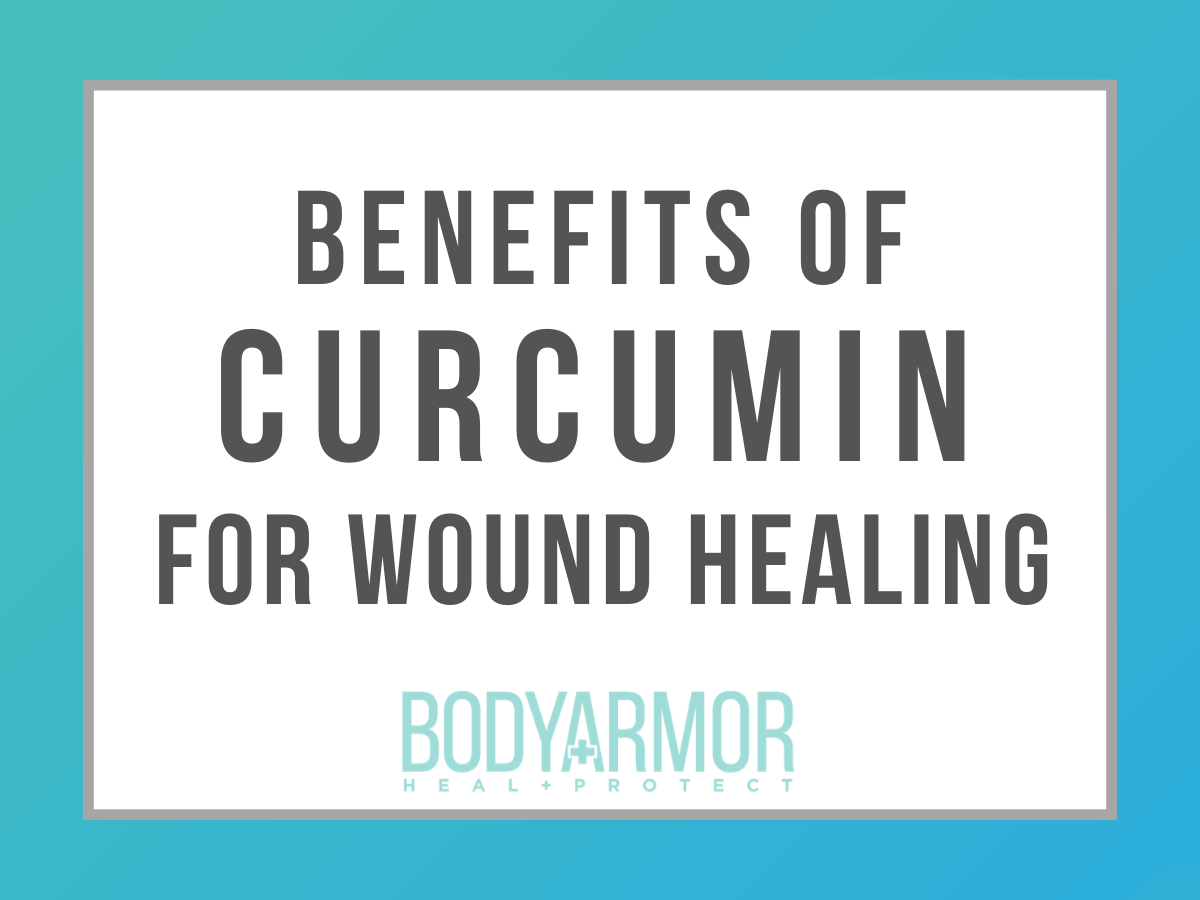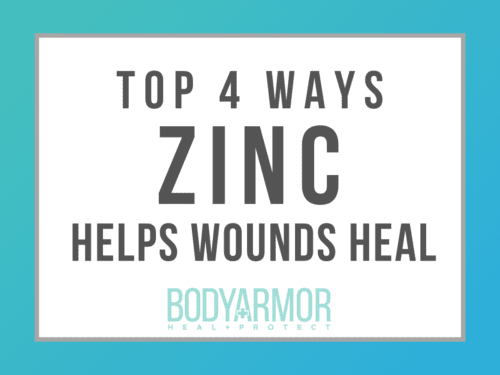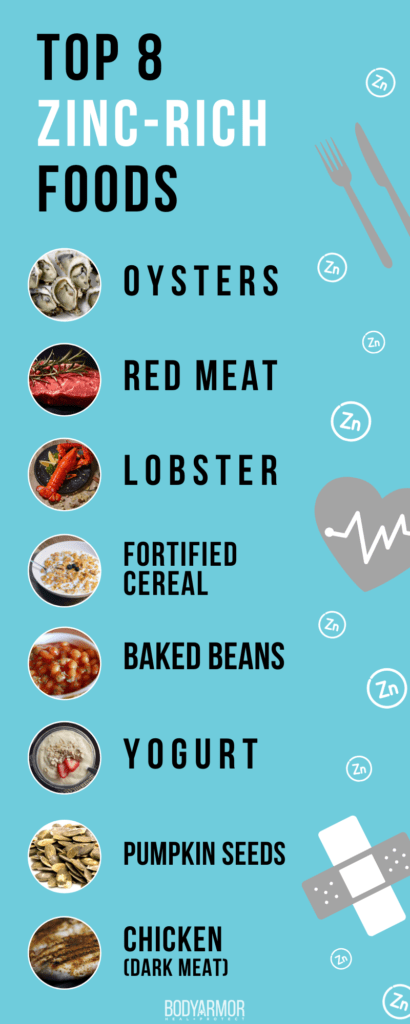
Benefits of Curcumin for Wound Healing
Curcumin is a popular cooking spice with a distinct flavor and numerous health benefits that aid in wound healing and controlling inflammation.

Zinc may not the first thing that comes to mind when you think about healing an open wound….
But when it comes to boosting the healing process, this essential trace mineral is more important than you’d expect! Here are 4 key reasons zinc should be a part of your wound healing game plan.
Most people are able to maintain adequate zinc levels through food alone. However, in addition to insufficient dietary intake, there are several other factors can cause zinc levels to drop.
Research has shown that consuming foods high in calcium or phytates may interfere with the body’s ability to use zinc effectively. And because zinc is primarily absorbed in the small intestine, gastrointestinal issues such as Crohn’s disease and Ulcerative Colitis can result in low zinc absorption.
This becomes especially important for someone with an open wound because zinc deficiency has been proven to slow, and even halt, the body’s healing process.
The body requires zinc in order to form the proteins to rebuild healthy tissue and heal wounds.
Zinc helps repair damaged cell membranes, support new blood vessels, and ultimately develop strong epithelial tissue to cover and close wounds.
Even muscles can benefit from zinc, since it promotes growth and repair of damaged muscle tissue.
Wound drainage is made up of water, proteins, enzymes, white blood cells, and other materials that have leaked out of blood vessels. These substances include waste, electrolytes, and minerals-including zinc.
And if levels in the body are already low, the effects of losing this additional zinc through wound drainage can be even more harmful.
Any time there is a break in skin integrity, the risk of developing an infection is a major concern. Zinc plays an integral part in helping to reducing this risk, due to its immune-boosting action.

This trace mineral has antioxidant properties that allow it to mitigate oxidative stress and reduce inflammation. In addition, zinc aids in the activation of T-cells, immune cells that respond to pathogens in the body.
The best way to keep zinc levels in a healthy range is by eating a balanced diet that includes zinc-rich foods. According to the NIH, some of the best sources of zinc include:
If dietary sources are not enough, it’s also possible to get additional zinc in supplement form, either alone or in a multivitamin – but check with your doctor first to see if this is an appropriate step for you.
